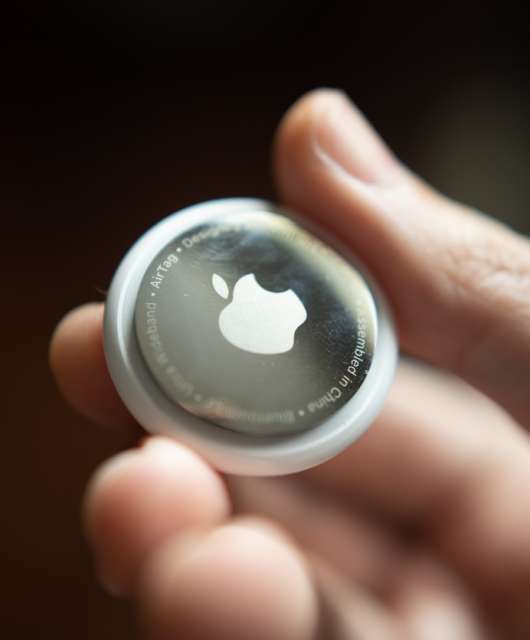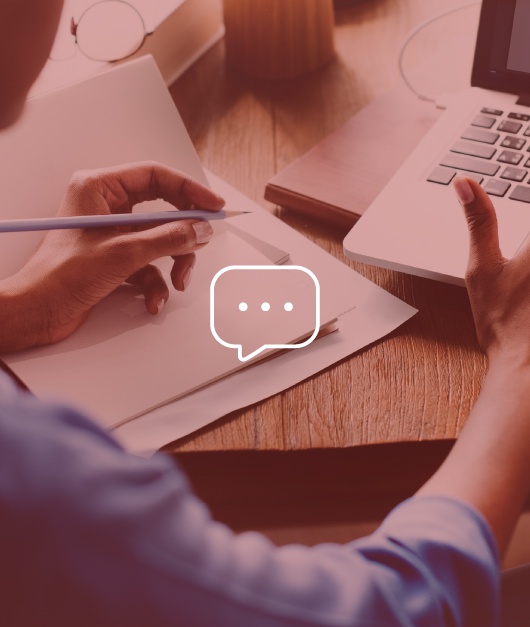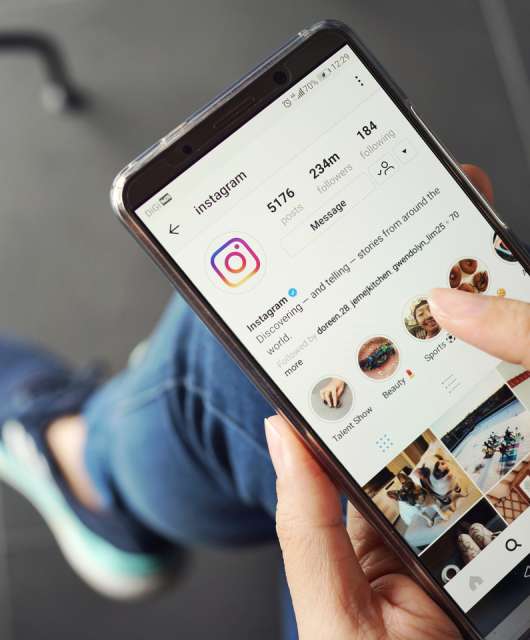When Apple unveiled iOS 14 at their annual WWDC developer conference, there was a lot to be excited about. iOS, the operating system that powers iPhones and iPads, is about to get a load of new functions and features to improve the user experience.
Android owners will have been amused to see home screen widgets finally appear on Apple devices many years after Samsung and Google demonstrated similar technologies. But where iOS 14 really shines is the improvements to personal security.
The end of in-app spying?
Most impressive is the way in which Apple has limited ad tracking. Currently, advertisers use secret IDs to track what you do on your phone as you switch between apps and surf the web. They can use this data to build a profile of you, your habits and preferences, selling that information to marketers who want to sell you things.
Apple’s new “Intelligent Tracking Prevention” promises to prevent apps from sharing information in this way. In future, advertisers will find it much harder to track iPhone users.
Should I join the Apple Beta program?
The new features of iOS 14 will not be available until Autumn, around the time that the iPhone 12 is released. However, you can gain early access to iOS 14 by joining the Apple Beta Software Program.
Under this scheme, Apple allows anyone with an iPhone or iPad to download and install ‘Beta’ versions of iOS. You will be able to test Intelligent Tracking Prevention for yourself – but is it worth the risk?
Beta software is intended purely for testing. It will often contain bugs that cause apps to crash or WiFi to drop out for no apparent reason. Your phone may get hot, or the battery drains more quickly than usual.
Bugs may also make iOS beta software less secure. Hackers can exploit loopholes and security to install malware or steal personal data. And that is why Apple strongly recommend that no one installs beta iOS on their “main” iPhone.
If you do want to test the iOS 14 beta, you can do it more safely by following these guidelines:
- Use a spare phone. Do not install iOS on your main phone because there is always a risk it may stop working or break.
- Take a full back-up of your device. That way if something does go wrong, you can do a full restore back to when the phone was working correctly.
- Don’t access sensitive apps on your testing device. There is always a slight risk that software bugs could expose your passwords, credit card details or other sensitive information.
iOS beta software is a great way to get an early sneak peek behind the scenes at what Apple is working on. But this early access comes with risk, especially if you lack the technical skills to uninstall iOS 14. Apple will only provide very basic advice if something goes wrong with.
If you’re not 100% confident in your technical ability, it is always best to wait until the official update is released. At least you can then be sure that most of the bugs and security loopholes have been identified and fixed in advance.







4 comments
I’m so looking forward to iOS 14! Mainly because of the Intelligent Tracking Prevention.
I will love to test it.
I have to say I’m a little concerned that there is no definitive information as to whether I should download iOS 14 beta Leaving me confused after waiting so long for the update.
Thanks you sir I understand your adivasi has given on comments on 30 a October 20200